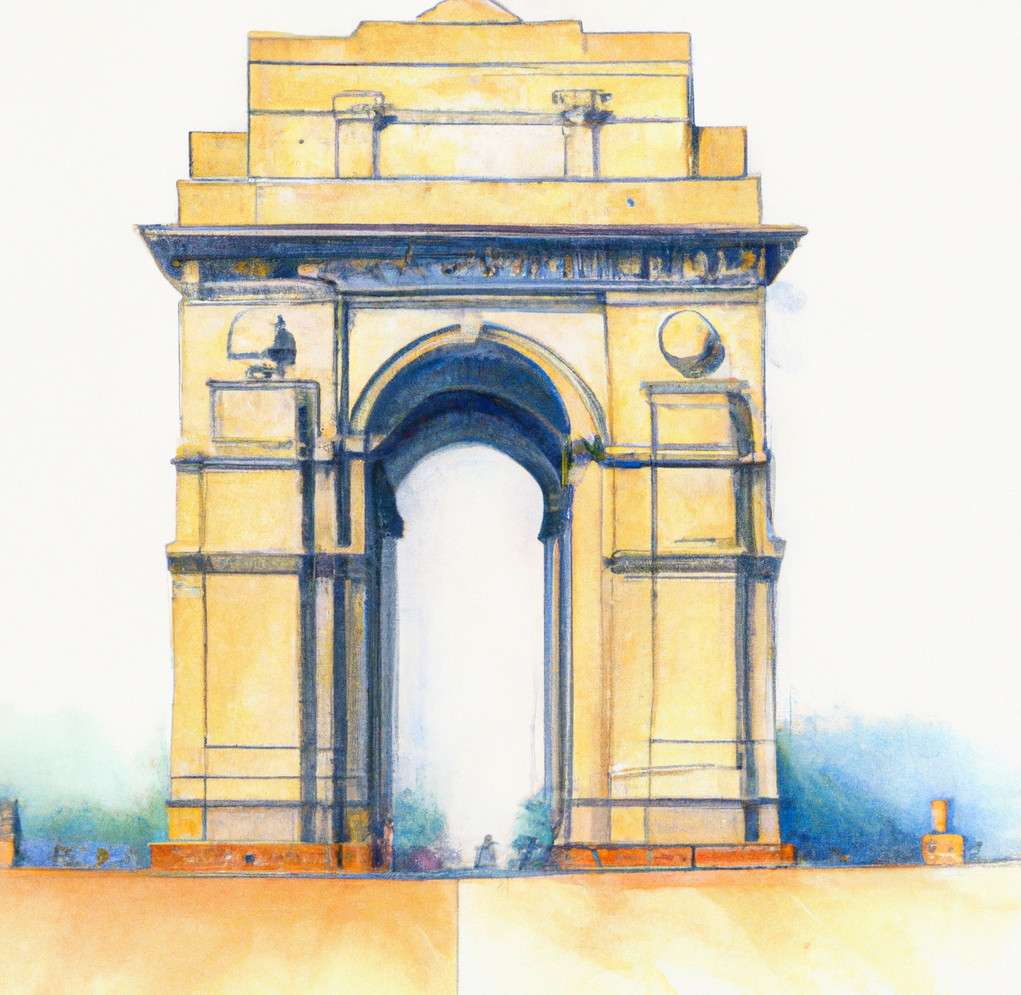Hindi is one of the most widely spoken languages in the world with over 500 million speakers. It is the official language of India, and many people often wonder if Hindi is a romance language. The answer to this question is no, Hindi is not a romance language.
A romance language is a language that has evolved from Latin, the language of the Roman Empire. Examples of romance languages include Spanish, French, Italian, Portuguese, and Romanian. These languages share many similarities in terms of grammar, vocabulary, and pronunciation.
Hindi, on the other hand, is part of the Indo-Aryan language family and is closely related to other languages such as Urdu, Punjabi, and Bengali. Hindi has its roots in Sanskrit, an ancient language that has had a significant impact on many languages in the Indian subcontinent.
While Hindi may not be a romance language, it is still a beautiful and expressive language. It has a rich literary tradition and is the language of many Bollywood films, which are known for their romantic storylines and catchy songs.
One of the unique features of Hindi is its use of gendered nouns. Unlike many other languages, Hindi has masculine and feminine nouns. For example, the word for “book” in Hindi is “pustak,” and it is feminine, while the word for “pen” is “kalam,” and it is masculine.
Hindi also has a complex system of verb conjugation, which changes based on the subject, tense, and mood of the sentence. There are three main tenses in Hindi: past, present, and future. Each tense has multiple forms, which can be challenging for learners to master.
In conclusion, while Hindi may not be a romance language, it is still a fascinating and beautiful language with a rich cultural history. Whether you are interested in learning Hindi for personal or professional reasons, it is a language that is worth exploring. With its unique features and expressive nature, Hindi is sure to captivate anyone who takes the time to learn it.
